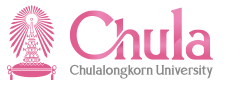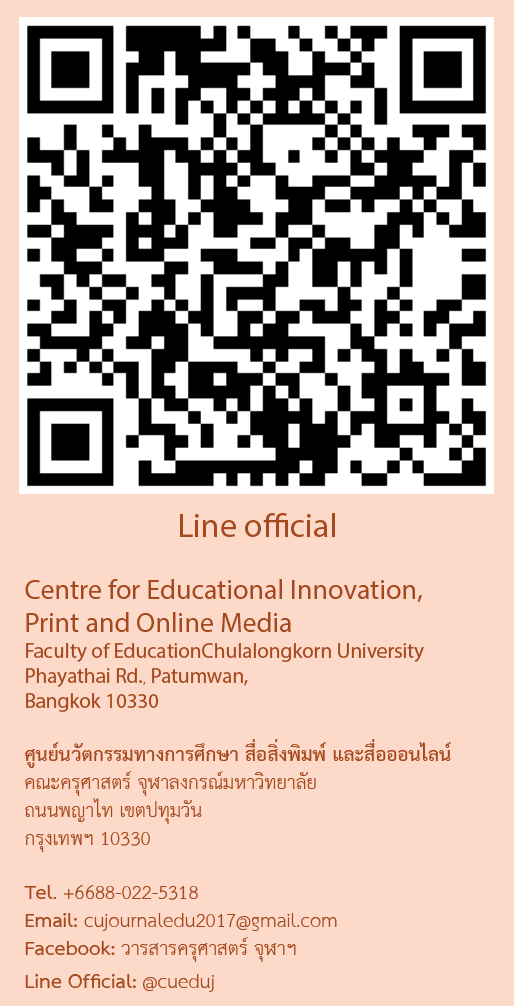Abstract
Being an astute observer of children is a primary skill for early childhood teachers. This paper reports on a project conducted in Thailand that investigated the use of the contemplative observation method as a tool for developing the ability of being non-judgmental. The aim of this study was to improve the processes of self-reflection of early childhood graduate students in order to build the quality of their observational skills for practice with children. Eight female early childhood graduate students were assigned to practice observation across 13 weeks involving two major types of contemplative observation practices: (a) self-observation comprising dancing meditation, still meditation, flower arrangement, painting, clay modeling, and mandala drawing, and (b) external observation comprising awareness of non-living as well as living things such as stones, plants, and children. Associated activities of journal writing were assigned to reflect learning experiences focused on awarenes of the self in relation to the practices including in-depth interviews both before and after the study. Contemplative observation might assist teachers in moving from aspects of reflection to greater self-awareness, and achieve greater fairness in their observations of and dealings with young children in classrooms.
Publisher
Faculty of Education, Chulalongkorn University
DOI
10.58837/CHULA.EDUCU.43.3.2
First Page
23
Last Page
38
Recommended Citation
Khayankij, Sasilak
(2015)
"Contemplative Observation as a Tool for Self-Reflection Enhancement of Early Childhood Graduate Students,"
Journal of Education Studies: Vol. 43:
Iss.
3, Article 2.
DOI: 10.58837/CHULA.EDUCU.43.3.2
Available at:
https://digital.car.chula.ac.th/educujournal/vol43/iss3/2


